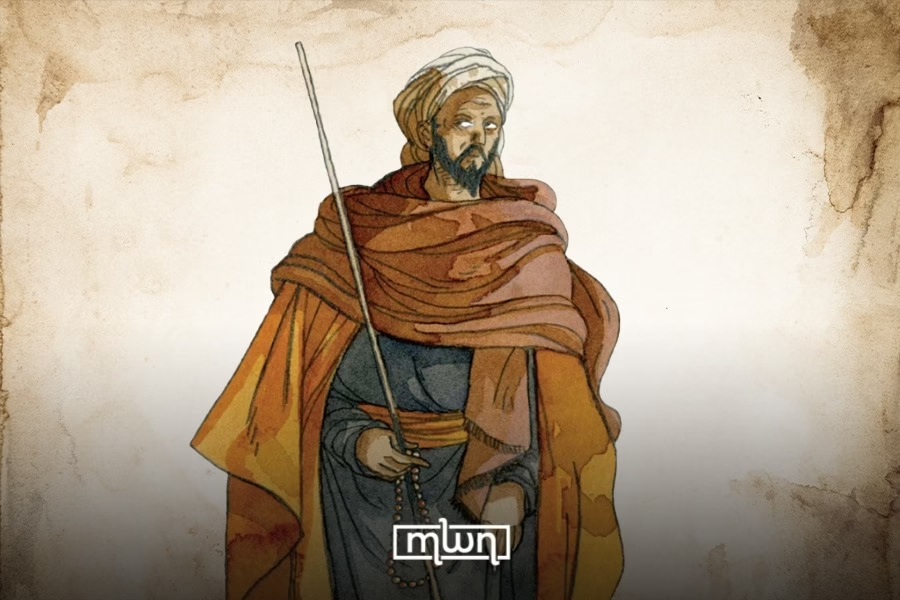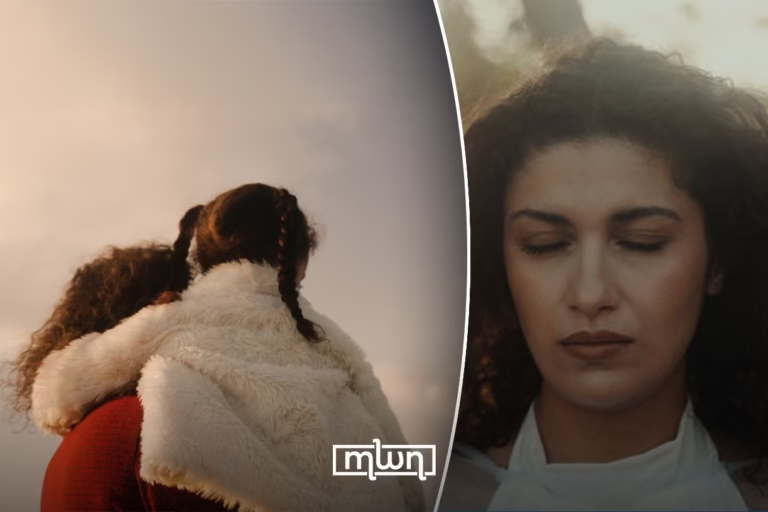Fez – Once upon a time, in 1304, a young man from Tangier packed a small bag, kissed his family goodbye, and began a journey that would rewrite what we thought was possible in the 14th century.
His name? Ibn Battuta. You’ve probably heard it floating around Moroccan history lessons, but let’s be honest, no textbook really captures how wild his life actually was.
Ibn Battuta wasn’t just a traveler. He was a time hacker. A passportless polyglot. A walking Google Maps before satellites existed.
His first mission? Hajj. A simple pilgrimage to Mecca. But spoiler alert: he didn’t come back for 24 years.
Let’s pause there.
Imagine leaving home at 21 and not returning until you’re pushing 50. That’s not a trip. That’s an era.
From the dusty streets of Cairo to the extravagant courts of Delhi, Ibn Battuta was everywhere.
He moved through the Islamic world like water: seamless, fluent, and adaptive. He wasn’t just observing cultures, he was being absorbed by them.
In the Maldives, he served as a judge. In India, he cozied up to the sultan as a high-ranking official.
In China, he rode boats across the Yangtze as if he were born on them.
He wasn’t rich. He didn’t come from royalty. His only superpowers were curiosity and a knack for people.
That and his training in Islamic law opened palace doors faster than any sword ever could.
While others were planting flags, Ibn Battuta was planting stories. But not during the journey.
So, how do we have an account of his travels? He didn’t jot things down like a modern-day blogger. Instead, years later, when he finally returned to Morocco, the Sultan of Fez ordered him to sit with a writer and spill everything.
That writer, named Ibn Juzayy, turned his words into a legendary manuscript: “Rihla” (translating to “journey””).
And what a journey it was.
Across nearly 120,700 kilometers (yes, more than Marco Polo), he gave us not just places, but people.
He described their clothes, their spices, their accents, their values. He was fascinated, but never naive. He could admire a society’s sophistication and still roast its lack of hospitality in the same paragraph.
He was observant, bold, and, let’s be honest, sometimes a little dramatic. That’s what makes “Rihla” so entertaining.
It’s more than a travel log. It’s an emotional, political, social deep-dive into the medieval world.
Today, we throw around his name as if he were just a historical footnote. A mall here, an airport there.
But Ibn Battuta was so much more than a decorative figure. He was living proof that Morocco wasn’t some isolated outpost in the 1300s, it was connected, curious, and culturally ambitious.
He didn’t go looking for fame. He went looking for meaning. And in doing so, he mapped out a version of the world that was borderless, human, and full of possibility.
So, why does Ibn Battuta matter now?
Because in a time when everyone’s screaming about divisions and differences, he reminds us that we’ve always been linked.
That cultures don’t just collide; they converse. That faith can be a compass, not a cage.
And that a Moroccan with a heart full of wonder can go from Tangier to Timbuktu to Tibet, and come back with stories that still shape how we see the world.
This wasn’t just a man who traveled. This was a man who translated the world into understanding.
Read also: Prince Moulay Rachid Honors Moroccan Circumcision Traditions in Personal Celebration















